Separation and divorce is a challenging and emotional time, and pets add an extra layer of complexity.
Leading family lawyer, Ella Hickman, shares the key considerations for deciding what happens with your pets after divorce or separation.

Ella Hickman is the owner and Principal of Hickman Family Lawyers, one of the leading family lawyers in Perth. She practices almost exclusively in family law in Perth and has a particular interest in parenting and children’s issues, matters arising from domestic violence in relationships, and property settlement cases. She has a Bachelor of Laws and Bachelor of Arts (majoring in Psychology) from the University of Western Australia and has been practising as a barrister and solicitor since 2014.
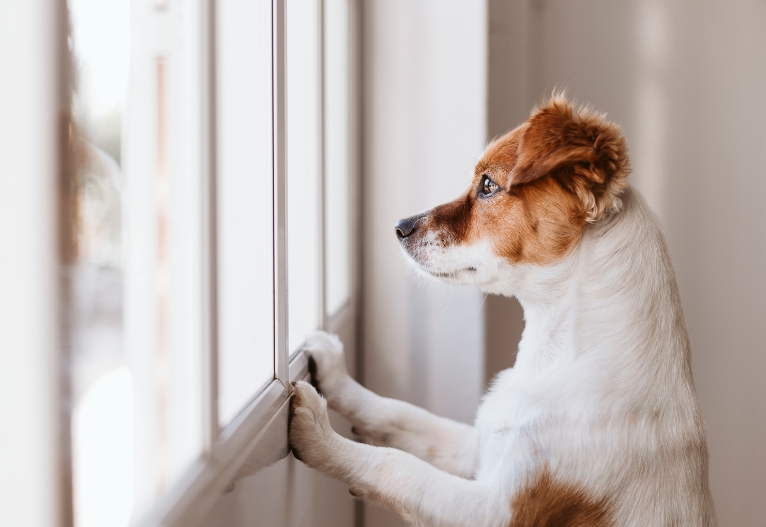
Many people consider their pets to be members of the family, making it difficult to decide who should keep them when a relationship ends. But unlike children, pets are not subject to parenting arrangements under Australian family law, which can lead to confusion and disputes.
Understanding how the law treats pets and what options are available can help you navigate this situation more effectively.
What happens to pets after separation or divorce?
In Australia, pets are not viewed the same way as children in family law disputes. Instead, they are considered property, much like a car, furniture, or other valuable possessions. This can be a harsh reality for pet owners who see their animals as part of the family rather than as assets. Because of this classification, disputes over pet ownership are legally resolved through property settlement processes rather than custody arrangements.
Despite this legal framework, many separating couples negotiate pet care arrangements in a way that acknowledges the emotional bond between the animal and its owners. Some ex-partners agree to share custody of their pets, while others may decide that one person is better suited to provide care.
Understanding how Australian courts approach pet ownership after divorce or separation can help you plan and negotiate more effectively.

Are pets treated as living beings?
While many pet owners see their animals as beloved companions, family law in Australia does not recognise them as living beings with rights in the same way that it does for children. Under the Family Law Act, pets are classified as personal property. This means that they are treated as assets to be divided between the separating parties rather than as dependents who require ongoing care arrangements.
The concept of pets as property can be difficult to accept, particularly for families who have had their pets for many years. In practice, courts do not make decisions based on the best interests of the pet, as they would with children. Instead, they look at ownership, financial contributions to the pet’s care, and practical considerations such as living arrangements and financial stability.
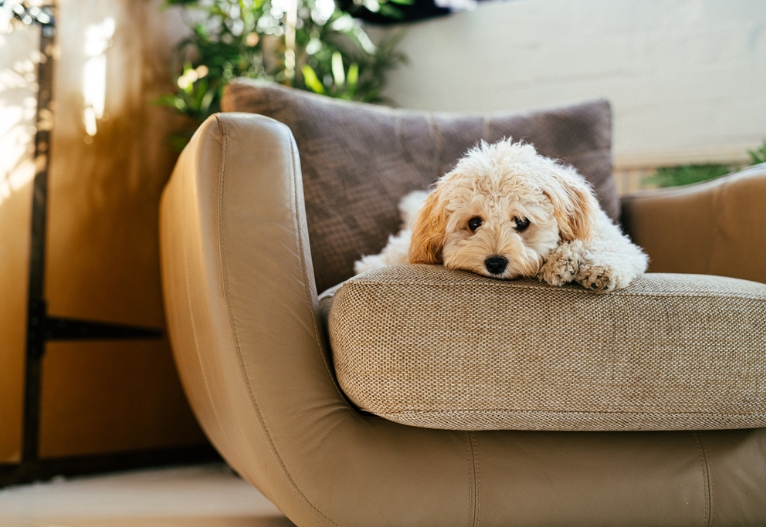
However, courts do recognise the emotional significance of pets. While the legal framework is rigid, judges may take into account who has been the primary caregiver, who has paid for vet bills, food, and other expenses, and which party is better able to continue caring for the animal.
Ultimately, though, pets are still considered an asset rather than a family member in the eyes of the law.
It’s important to note, however, that in September 2024 the government introduced new legislation to treat pets as a “special form of property.” These changes also take into account domestic and family violence when determining ownership as a part of broader reforms to the Family Law Act.
How to negotiate with your ex about who gets the pets
Given that pets are legally considered property, the best approach to determining pet custody after separation is through negotiation rather than litigation. Many couples reach agreements without needing to go to court, which can help minimise stress and conflict. If you and your ex are on speaking terms, discussing your pet’s future early on can prevent disagreements down the line.
Start by considering practical aspects such as living arrangements, work schedules, and financial ability to care for the pet. If one party has moved into a pet-friendly rental while the other has settled in a no-pets-allowed apartment, the decision may be clearer cut. Similarly, if one person has been the primary caregiver, taking responsibility for feeding, walking, and vet visits, it may make sense for them to keep the pet.

In some cases, ex-partners agree to shared pet custody, much like a co-parenting arrangement for children. While this can work for some families, it requires ongoing cooperation and a clear schedule to avoid confusion. If sharing custody is not feasible, another option is arranging visitation, where one party keeps the pet, but the other has regular or occasional visits with the animal.
What happens to pets if you can’t agree?
If you and your ex cannot reach an agreement about pet ownership, the matter may need to be resolved through legal processes. This typically occurs through property settlement proceedings in the Family Court or Federal Circuit and Family Court of Australia. However, the courts generally prefer that parties try mediation or dispute resolution before escalating the issue to a judge.
Mediation can be an effective way to settle pet disputes. A mediator can help both parties express their concerns and work towards a mutually beneficial solution. If an agreement is reached, it can be documented in a legally binding agreement or consent order.
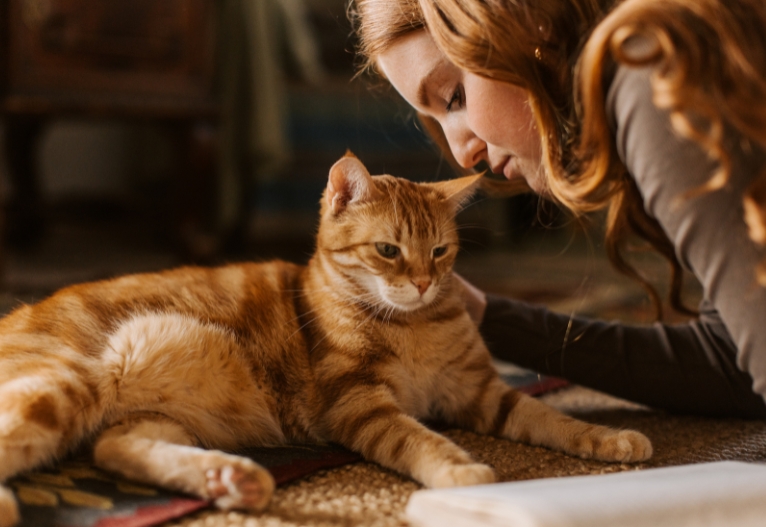
If mediation fails, the court will determine pet ownership as part of the overall property division. The judge will consider factors such as who purchased the pet, who has primarily cared for it, and whether one party can provide a more stable environment for the animal. Unfortunately, because pets are legally classified as property, their emotional wellbeing is not a primary concern for the court.
How does the court decide who owns the pet?
When courts are asked to decide who keeps a pet, they will look at several key factors. These may include:
- Who originally purchased or adopted the pet and whose name is on the microchip or registration
- Who has covered the majority of the pet’s expenses, including food, veterinary care, and insurance
- Who has been the pet’s primary caregiver, responsible for daily feeding, exercise, and medical needs
- Whether one party has a more stable and pet-friendly living environment
In some cases, the court may also consider whether the pet has a significant emotional connection to children in the family. If children are primarily living with one parent and have a strong bond with the pet, the court may be more inclined to award ownership to that parent to maintain stability for the children.

Pets and Binding Financial Agreements
Some couples choose to include pet ownership arrangements in a Binding Financial Agreement (BFA), which is a legally enforceable contract that outlines property division after separation. A BFA can specify who will keep the pet, how costs will be shared if joint ownership is agreed upon, and whether the non-custodial party will have visitation rights.
Having a BFA in place can provide clarity and avoid disputes later on. While it may seem unusual to include pets in financial agreements, doing so can help ensure that both parties understand their rights and responsibilities regarding pet ownership in the event of a future separation.
Your children’s relationship with the pet
Deciding who keeps pets in a divorce or separation is not just about the adults, it’s also about the kids. Many children form deep emotional bonds with their pets, and losing access to a beloved animal can add to the distress of parental separation. If the children are primarily living with one parent, it may make sense for the pet to stay with them to maintain stability.
If shared care arrangements are in place for the children, some families also choose to have the pet move between homes along with the children. While this can work well for some families, it’s important to consider the pet’s temperament and whether they will cope well with changing environments.
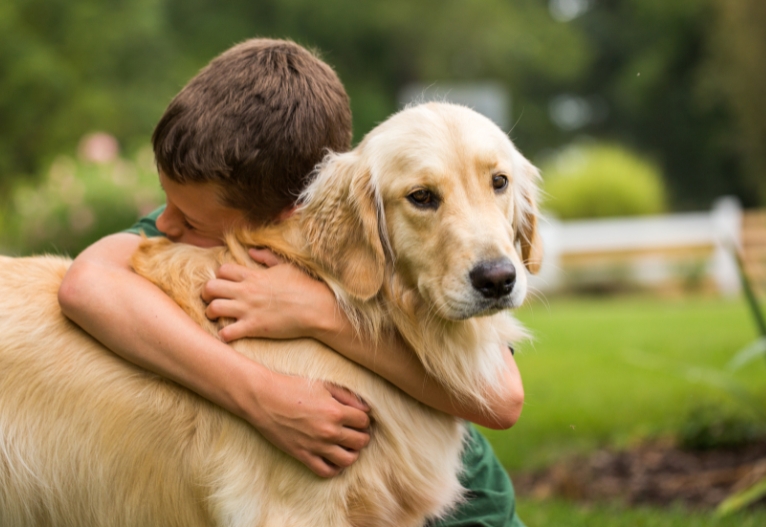
How a family lawyer helps
Legal assistance may be required if an amicable resolution can’t be found regarding pets during divorce or separation. A family lawyer can help you understand your legal rights and options, facilitate negotiations with your ex and draft formal agreements regarding pet ownership.
If a dispute escalates to court, a lawyer can present evidence to support your case, such as proof of ownership, financial contributions, and the pet’s connection to children. They can also assist in preparing a Binding Financial Agreement if you and your ex want to formalise pet custody arrangements.
Separating from a partner is never easy and deciding what happens to a beloved pet can make it even more complicated.
While the law views pets as property, their emotional significance cannot be ignored. Whether through negotiation, mediation, or legal proceedings, finding a solution that prioritises both the pet’s wellbeing and the best interests of all parties involved is essential.
Have you ever thought about what would happen to your pet in a divorce or separation? We’d love to hear your thoughts below.

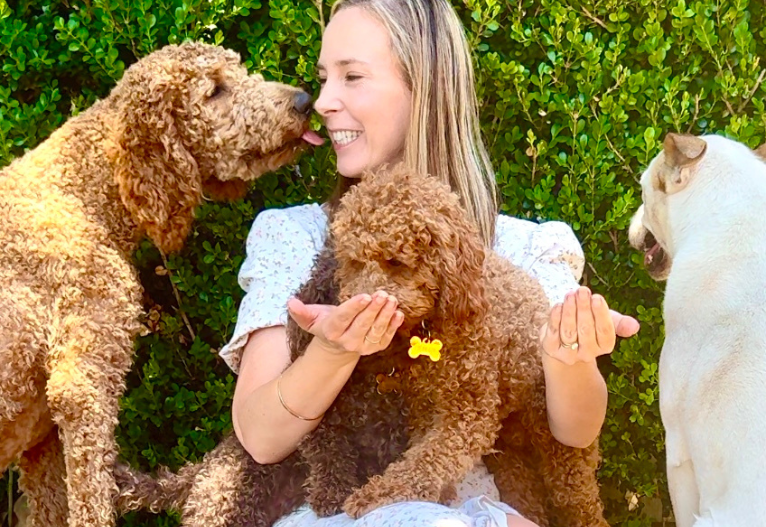


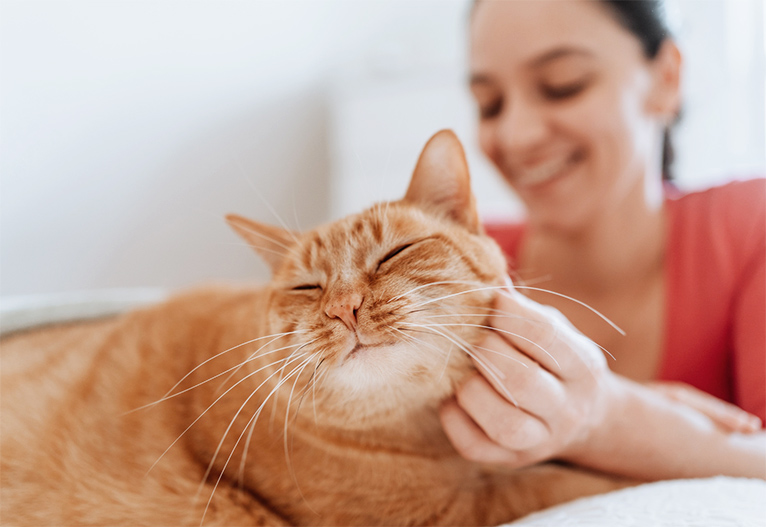

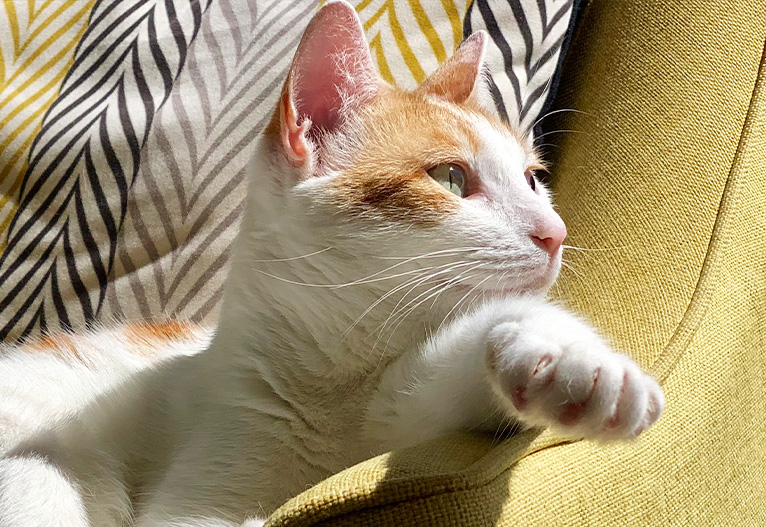
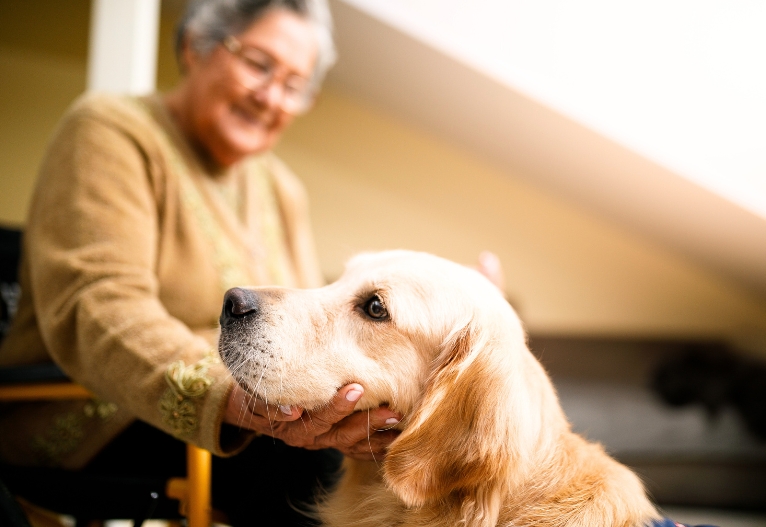





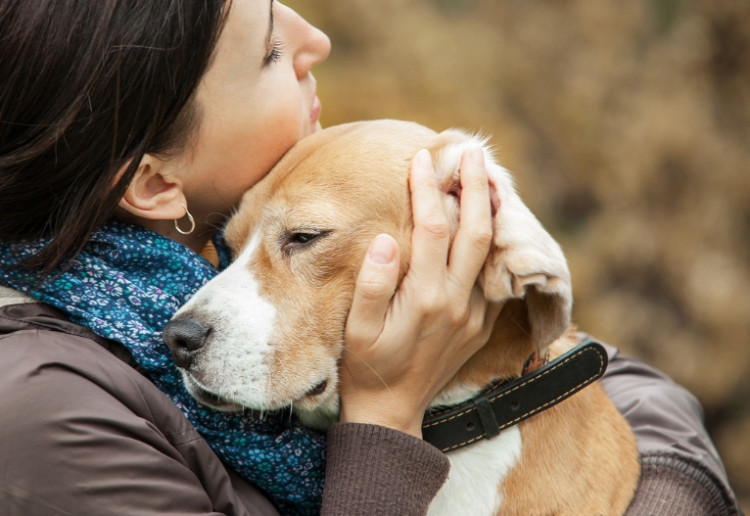
-

-
-
TraceyGail, NSW
- 24 Nov 2025
👍
0 Likes
-

-
-
BP517428, NSW
- 31 Aug 2025
👍
0 Likes
-

-
-
ChiWren, QLD
- 22 Aug 2025
👍
0 Likes
-

-
-
sars_angelchik, TAS
- 01 Jul 2025
👍
0 Likes
-

-
-
Myfurrloves, NSW
- 28 Jun 2025
👍
0 Likes
-

-
-
Woofs&Meows, QLD
- 22 Jun 2025
👍
0 Likes
-

-
-
BP517427, NSW
- 06 Jun 2025
👍
0 Likes
-

-
-
BH516443, QLD
- 23 May 2025
👍
0 Likes
-

-
-
BH516518, VIC
- 22 May 2025
👍
0 Likes
-
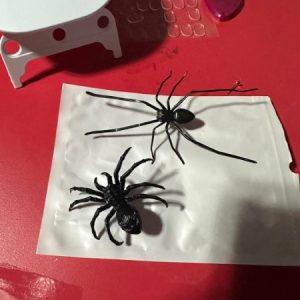
-
-
BH516536, TAS
- 22 May 2025
👍
0 Likes
Post a commentTo post a review/comment please join us or login so we can allocate your points.